The Greatest Addiction
Some consider nicotine to be an addiction the hardest to fight with. Moreover, some even claim that people have more chance of leaving heroine than ceasing to smoke cigarettes. Therefore, if you are addicted to nicotine, you have been smoking for a serious amount of years and have tried to quit numerous times, you know what kind of addiction this article speaks about.
Additionally, you know how hard it is to quit, and, after trying various different approaches, you would finally want one that works. Fortunately, there is a cure. Numerous people have discovered Lobelia Inflata, a herb which can help one quit smoking easily.The Lobelia Inflata
For centuries, North American natives have used this herb in order to treat asthma, bronchitis and many other conditions. Its effectiveness is achieved through the same principle as cigarette smoking. Namely, one is to dry the leaves of this plant and then smoke them in order to benefit and cure his or her health problems.
Now, one would probably ask him or her self what does this have to do with nicotine addiction or quitting smoking. Well, it does, and it does greatly. Remarkably, if you take a tablet made from the extract of this plant, and try to light up and smoke a cigarette afterwards, you will notice an extremely hideous taste in your mouth.
Therefore, every time you try to smoke, if you had taken the tablet beforehand, you will most certainly be unable to, since it will hardly cause you pleasure. Rather, it will fill your mouth with disgust. Additionally, it may cause dizziness and nausea, making your smoking attempt even more regretful.Surprisingly, after a period of taking Lobelia, you will find yourself disgusted at the very thought of cigarettes, let alone their smell and taste. Gradually going through with this “treatment” you may completely quit smoking during a period of 10 days.
How Does It Work?
Although its ways are yet mysterious, Lobelia is thought to create a false feeling of nicotine consumption to the smoker's brain. On the other hand, this herb has nothing to do with nicotine, nor does it cause your body harm. Rather, it gradually restrains you from smoking making the process unbearable to your senses, being completely healthy and safe at the same time.
Finally, you should not increase the adequate dosage, since a single tablet is enough. The whole process advances gradually, and at first, you will continue smoking. However, in time, you will smoke less and less, until you finally stop completely. Lobelia also negates and shuts down all the withdrawal symptoms nicotine may provoke, making it the best possible way of quitting smoking.
- Trials with long?term follow?up using validated sustained abstinence are the gold standard for evaluating smoking cessation methods. Trials with short?term follow?up may overestimate both the overall abstinence rates and the size of any treatment effect.
- Because short?term abstinence is not necessarily evidence of long?term cessation this review has not systematically synthesized and evaluated the evidence from short?term studies. However even these did not appear to provide consistent evidence that lobeline has an effect on smoking behaviour.
- A multicentre study of sublingual lobeline sulfate tablets with 750 subjects was conducted by DynaGen in 1997 and identified as unpublished in previous versions of this review. It was published in 2010. There was no statistically significant difference in quitting between placebo (15% abstinent) and lobeline (17%) at 6 week follow?up. DynaGen discontinued its research programme, but it remains possible that formulations of lobeline for nasal, transdermal patch or transbuccal patch use may be further investigated by other companies.
- There are no well conducted trials with long?term follow?up and one large short?term trial did not detect evidence of benefit. There is therefore no evidence that lobeline can aid smoking cessation.


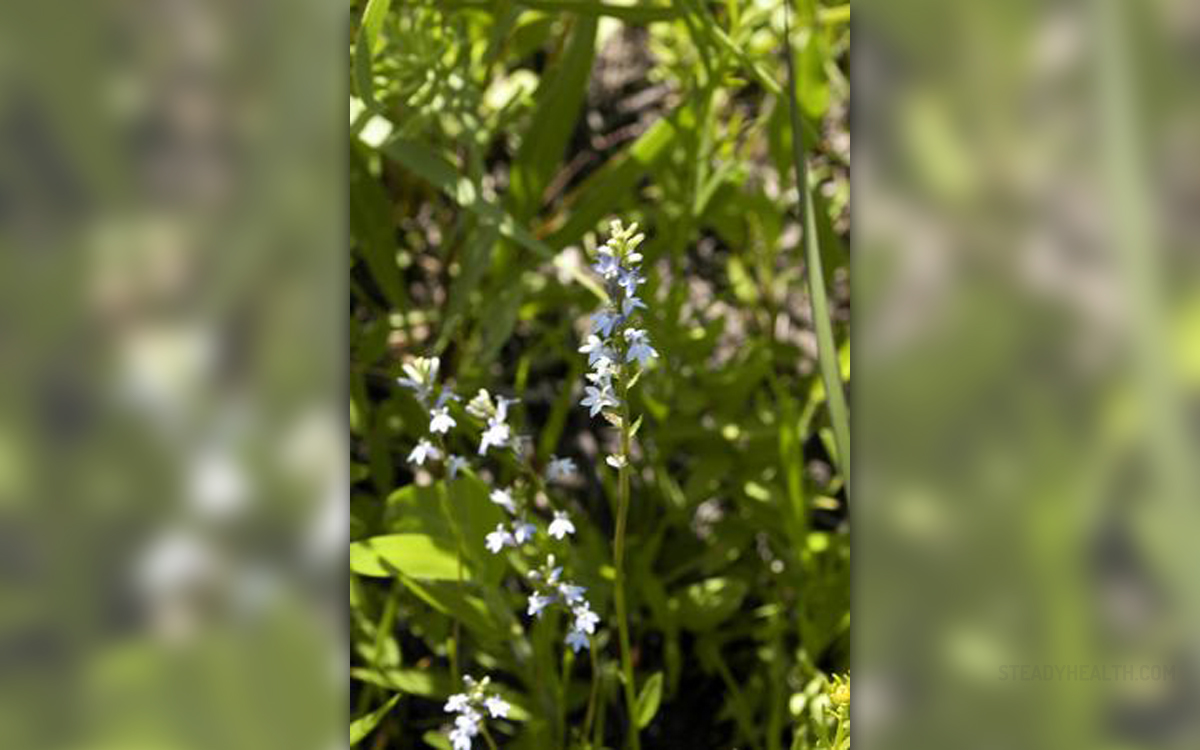
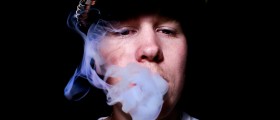





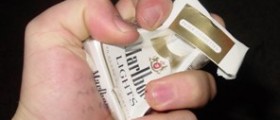

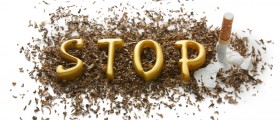
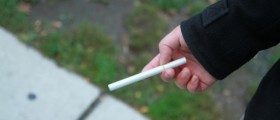


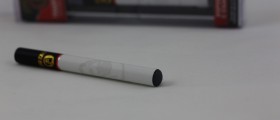
Your thoughts on this
Loading...